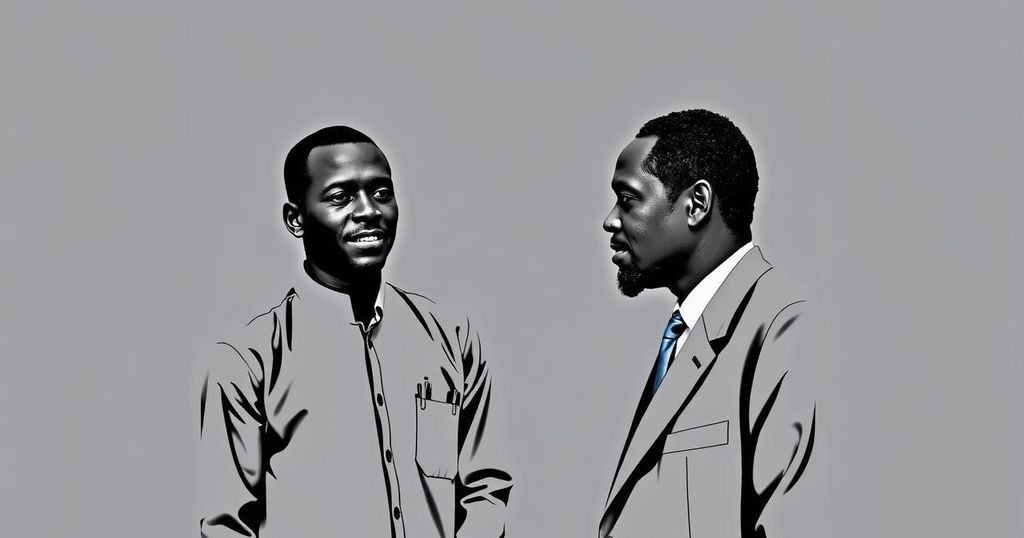South Sudan Denies Claims of Kiir Family’s Corporate Empire

South Sudan’s government rejected claims by The Sentry that President Salva Kiir’s family has created a vast business empire, labeling the allegations as unfounded. The Sentry identified 126 companies linked to the Kiir family; however, Kiir’s name was not found in corporate documents. Ongoing political paralysis and corruption issues complicate South Sudan’s path to stability as the country is poised for postponed elections and grappling with economic challenges of resource mismanagement.
On Thursday, the government of South Sudan categorically rejected allegations made by The Sentry, a watchdog organization based in the United States, which claimed President Salva Kiir’s family had established a significant business empire in one of the world’s most impoverished nations. The Sentry reported that it identified 126 companies associated with the Kiir family across various sectors pivotal to the South Sudanese economy, such as mining, petroleum, and banking, asserting that these entities could be involved in illicit activities due to the country’s notorious corruption issues.
The office of President Kiir responded by labeling the report as “baseless and malicious,” asserting that South Sudan’s constitution permits any citizen, including family members of the president, to partake in lawful business endeavors. The statement emphasized that the allegations are an orchestrated attack aimed at undermining the First Family and destabilizing national unity. Additionally, The Sentry revealed that 23 members of Kiir’s family were stakeholders in the identified companies, yet noted that President Kiir’s name was absent from any of the corporate paperwork reviewed.
The transitional constitution, enacted in 2011, prohibits the president and other senior officials from engaging in commerce while in office. Founded by notable figures, including actor George Clooney, The Sentry focuses on uncovering corruption and financial misconduct linked to conflict. South Sudan ranks as one of the poorest nations globally, reflected in its low score on Transparency International’s corruption perceptions index.
The situation within South Sudan has been compounded by a political impasse, notably the postponement of anticipated elections by two years to December 2026, which has drawn concern from international partners. The United Nations Commission on Human Rights in South Sudan attributed the stalled political transition to corruption and the misuse of public funds, while emphasizing that oil revenue, vital for the country’s economy, continues to be mismanaged and is favoring political elites. Furthermore, a critical pipeline in neighboring Sudan was recently damaged, leading to significant reductions in oil revenue, further illustrating the intertwined challenges facing the nation.
South Sudan, which gained independence from Sudan in 2011, has struggled with rampant corruption and economic mismanagement since its inception. The country ranks as one of the poorest globally, heavily reliant on oil revenues, which account for a significant portion of its GDP. The ongoing political turmoil and the recent postponement of elections are indicative of the challenges the administration faces while attempting to navigate a path toward stability and progress. Furthermore, organizations such as The Sentry work to expose corruption that often exacerbates the plight of citizens in nations plagued by instability, highlighting the importance of transparency in governance.
In summary, the South Sudanese government has strongly rebutted allegations of extensive business interests held by President Salva Kiir’s family, characterizing the claims as unfounded and driven by malicious intent. Despite the scandalous nature of the report from The Sentry, the country faces intrinsic challenges related to transparency and the prudent management of its resources. As South Sudan endeavors to solidify its political framework, addressing the underlying issues of corruption and governance will be crucial for its future.
Original Source: www.france24.com







